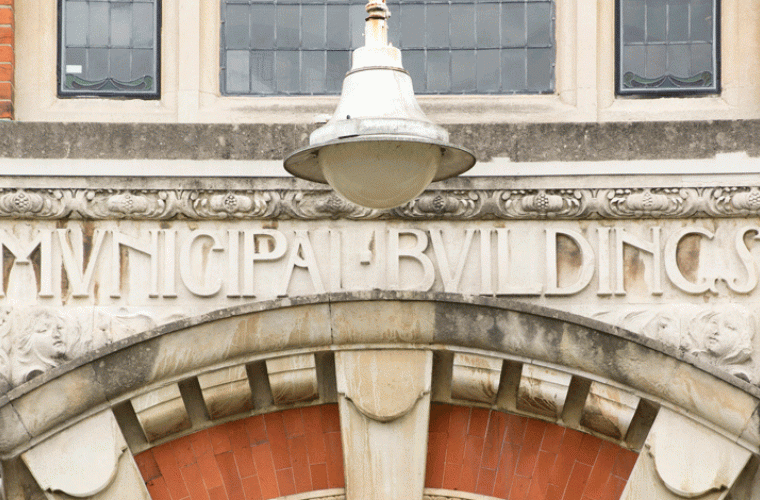"While it is good to see an increase in people taking their sexual health seriously, a rising demand is pushing some councils' sexual health services to peak capacity levels which are not sustainable in the long term."

Councils and their local directors of public health are warning of growing pressures on local sexual health services due to people presenting with potential symptoms of Monkeypox.
Current advice from the UK Health Security Agency (UKHSA) advises people who are concerned they may have symptoms of Monkeypox to ‘contact their local sexual health clinic’, leading to an increased number of patients visiting council commissioned sexual health services.
The majority of cases have been found in gay, bisexual and other men who have sex with men.
Suspected symptoms include:
- fever
- headache
- muscle aches
- swollen lymph nodes
- unusual rash or blistering of the skin.
The Local Government Association (LGA), who represent councils in England and Wales, and the Association of Directors of Public Health (ADPH) said the outbreak has highlighted the important health protection work of local authority commissioned sexual health services as councils try to ensure people can get in quickly to get tested, and therefore reduce the risk of infection of other people.
It has also further exposed the fragility of public health funding and the demand on sexual health services, which were already under significant pressure before monkeypox was identified. Councils have seen spending on local sexual health services reduce by £100 million since 2015/16 as a result of government cuts to the public health grant, meaning they are less resilient to increases in patients due to the outbreak of Monekypox.
As pressure grows on services, councils are calling on the Government to provide additional funding to help local sexual health services provide testing, history taking, as well as support contact tracing operations.
With longer term public health funding assurances, councils can prepare for the challenges ahead, including any future infectious disease outbreaks and any new variants of COVID-19.
Cllr David Fothergill, Chairman of the LGA’s Community Wellbeing Board, said:
“Local authority commissioned sexual health services have played a vital role at detecting, treating and managing a small but rising number of Monkeypox cases across the country.
"While it is good to see an increase in people taking their sexual health seriously, a rising demand is pushing some councils' sexual health services to peak capacity levels which are not sustainable in the long term.
"Record demand for service and the spread of treatment-resistant infection in recent years mean that many services are already struggling to cope, despite valiant efforts from staff.
“Long term funding for these services will ensure that they are more resilient to meet the challenges ahead.”
Jim McManus, President of the Association of Directors of Public Health, said:
“Sexual health clinics are on the front line of the current outbreak because cases are being seen mostly in gay and bisexual men. Unfortunately, sexual health services, and the public health budget as a whole, have had to deal with repeated cuts and burdens and this latest strain on their resources is taking its toll.
“There are currently nearly 800 cases with numbers slowly increasing, partly due to effective contact tracing and partly due to transmission - although this will be an underestimate. It is possible to stop this outbreak and we have a window of opportunity to ensure access to assessment, treatment and vaccination to protect our citizens.
“However, it is vital that we have a strong and well-funded health protection system – from UKHSA down to locally commissioned services – not only to deal with the current situation, but to ensure that our local infrastructures can swing into action when called upon in the future.”
